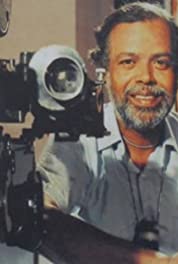
Remembering Puttanna Kanagal!
Nov 28 2022
Puttanna Kanagal (1933-85) is the most influential Director of Kannada films along time he directed films in Tamil, Telugu and Malayalam.
Puttana Kanagal is iconic filmmaker and a trendsetter.
 December 1st his birth Anniversary on that occasion looking into his artworks.
December 1st his birth Anniversary on that occasion looking into his artworks.
He brought women centric themes that were progressive towards modern society.
Legendary Director Bharathi Raaja was Puttana’s assistant director.
Karnataka government has named its lifetime award for directors after him. He was just 52 when he died, but had created some of Kannada cinema’s most enduring classics, drawing his stories from the wealth of Kannada literature.
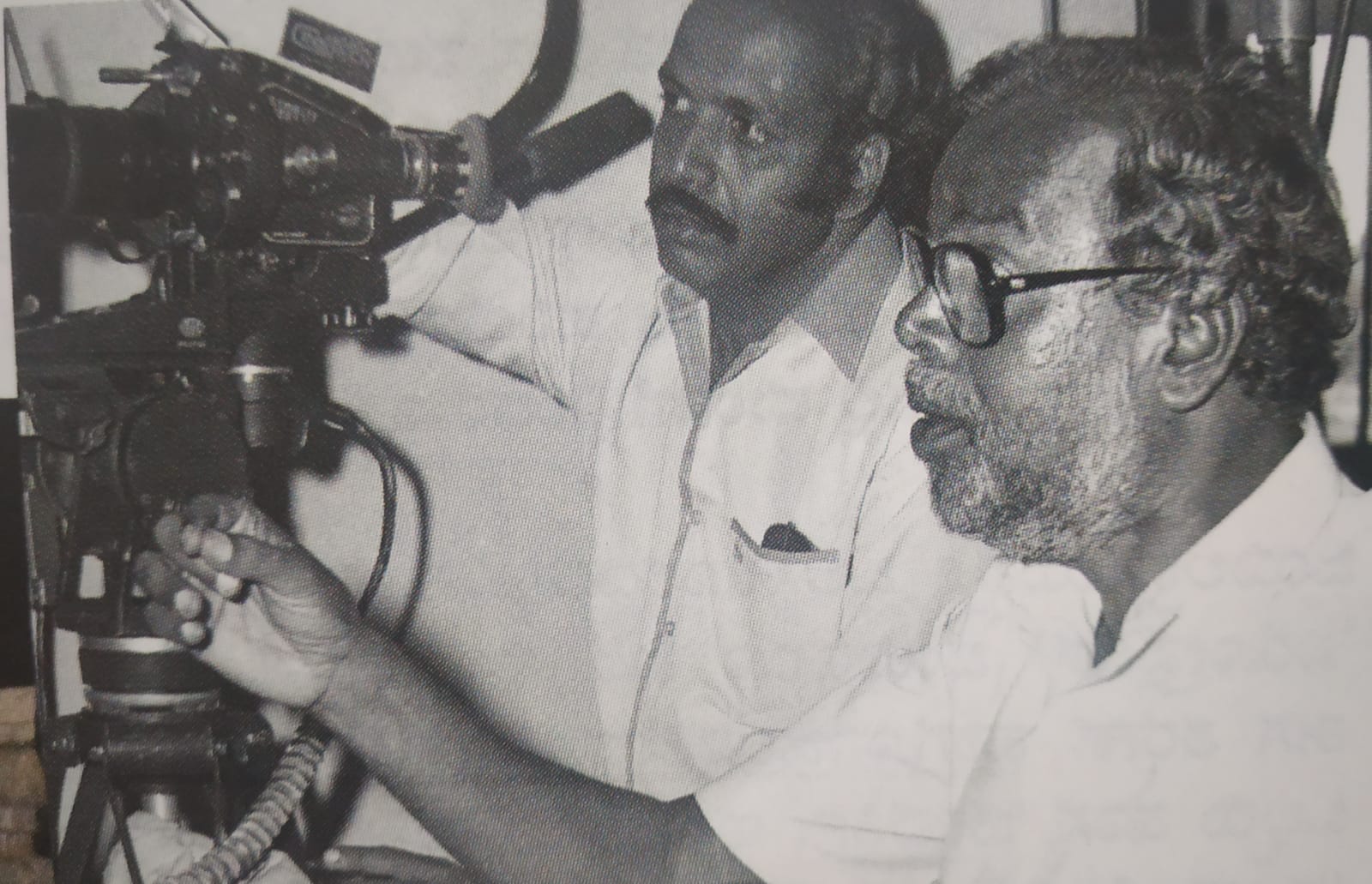 He often took up subjects considered bold: extra-marital love (Edakallu Guddada Mele), psychological illness (Sharapanjara), the difficulties of children born to unconventional relationships (Gejje Pooje), and romantic love between teacher and protegee (Manasa Sarovara). He portrayed the glory and agony of the people behind company drama in Ranganayaki.
He often took up subjects considered bold: extra-marital love (Edakallu Guddada Mele), psychological illness (Sharapanjara), the difficulties of children born to unconventional relationships (Gejje Pooje), and romantic love between teacher and protegee (Manasa Sarovara). He portrayed the glory and agony of the people behind company drama in Ranganayaki.
Puttanna won three national awards and several state awards, making compelling cinema from 1969 to 1984.
Kanagal always chose novels and people would eagerly await for the release of his films. Today his films are studied by every filmmaker.
Puttana kanagal was very successful creating a mainstream cinema with art house values.
His film Nagarahaavu created a huge sensation and launched actor VishnuVardhan.
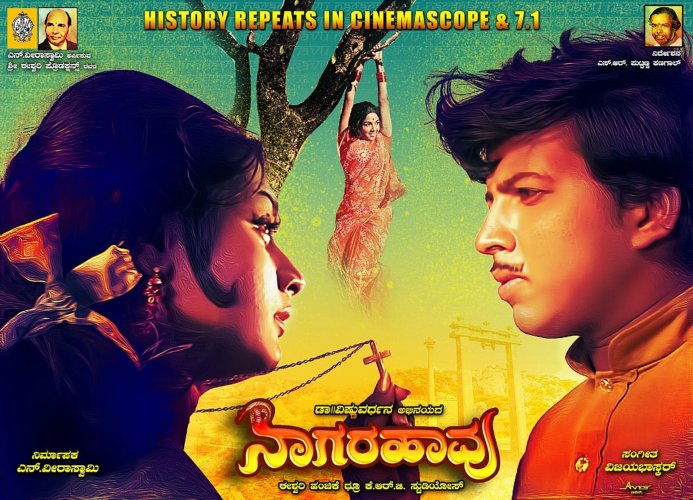 Early days
Early days
Shubraveshti Ramaswamiah Seetharama Sharma or S.R. Puttanna Kanagal, as he was popularly known, was born in Kanagal village in Mysore district. As he hailed from a poor family, he had to endure hardships and struggled to get a decent job. He worked as a cleaner, salesman and even a teacher to earn his bread. However, his job as a publicity boy brought him closer to theatre and subsequently to cinema. His association with films began when he started working for B.R. Pantulu as an assistant director and his driver.
As a director
Puttanna’s maiden directorial venture was in Malayalam movie Poocha kanni (Cat eyed/Hazel eyed lady) based on the Kannada novel by Triveni Bekkina Kannu. In Kannada his first cinema was Savira Mettilu which was never released, during his life-time.
Puttanna’s first break directorial venture was Bellimoda (Silver Clouds). Starring Kalpana and Kalyan Kumar, this movie was a critical and commercial success. Legend has it that Puttanna scouted for a week to find the perfect location for the mellifluous song “Moodala manyeaa”.
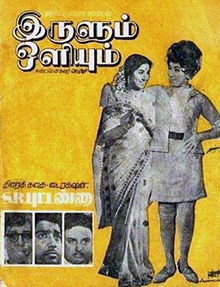 Puttanna was also considered as a pioneer in picturising songs. In general, his movies contained 4-5 songs. Even with respect to song picturisation, Puttanna had a strong sense of colour and imagery. He would go to great lengths to select the locations and costumes for the song. The songs generally reflected the inherent mood of the film. For instance, the song from the movie Manasasarovara, Nee ne saakida gini, a poignant song, was shot amidst the dust-filled mining areas, thereby reflecting the agony of a man who has lost his true love. Similarly the song Uttara druvadim from the movie Sharapanjara was shot in the Madikeri, with innumerable oranges strewn around.
Puttanna was also considered as a pioneer in picturising songs. In general, his movies contained 4-5 songs. Even with respect to song picturisation, Puttanna had a strong sense of colour and imagery. He would go to great lengths to select the locations and costumes for the song. The songs generally reflected the inherent mood of the film. For instance, the song from the movie Manasasarovara, Nee ne saakida gini, a poignant song, was shot amidst the dust-filled mining areas, thereby reflecting the agony of a man who has lost his true love. Similarly the song Uttara druvadim from the movie Sharapanjara was shot in the Madikeri, with innumerable oranges strewn around.
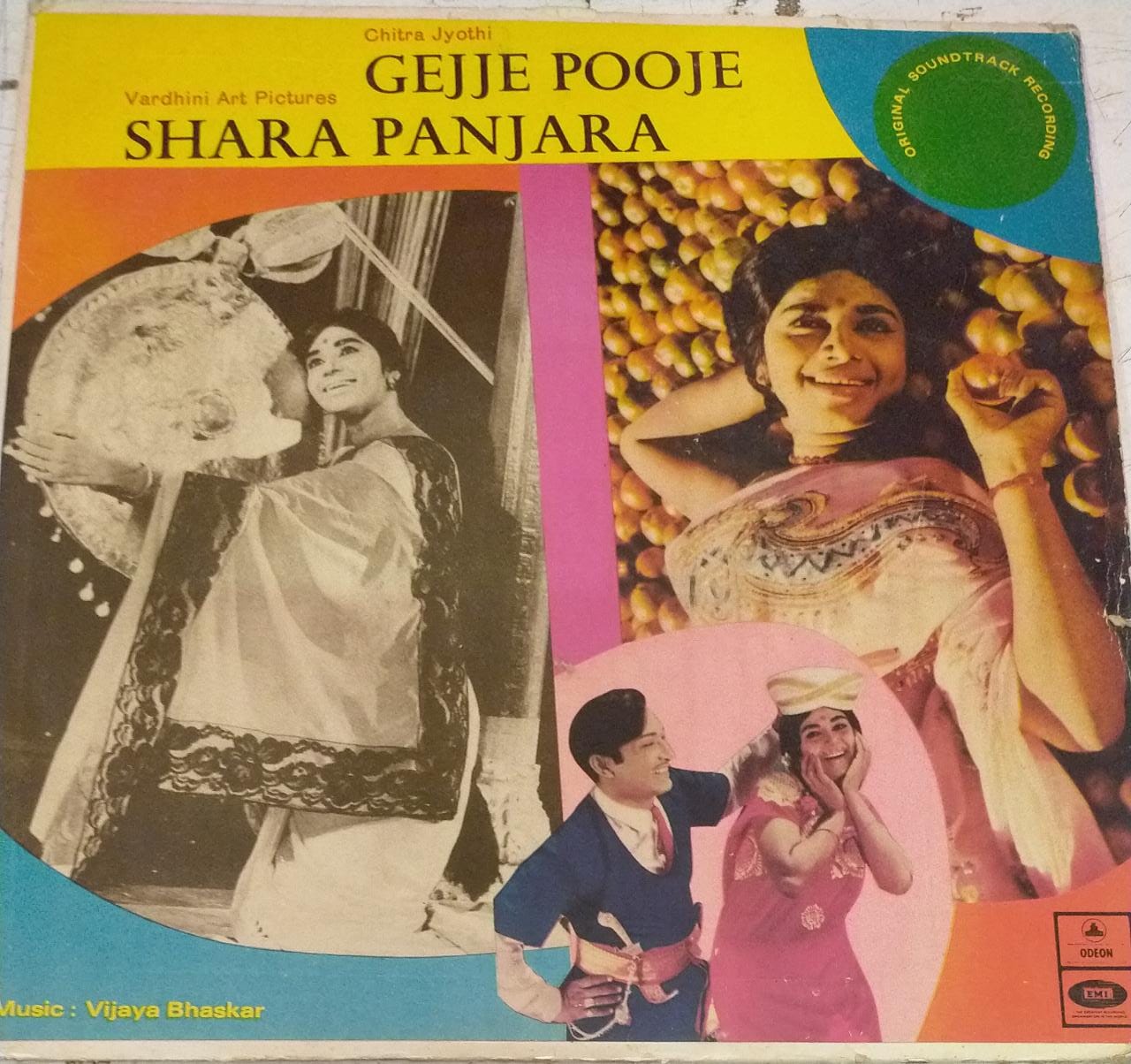 He was well known for his effective use of freeze shots and negative images to heighten the introspective effect of key scenes.
He was well known for his effective use of freeze shots and negative images to heighten the introspective effect of key scenes.
Filmography:
- Poocha Kanni (1966; Malayalam)
- Belli Moda (1966)
- Mayor Nair (1966; Malayalam)
- Swapna Bhoomi (1967; Malayalam)
- Teacheramma (1968l Tamil)
- Gejje Pooje (1969)
- Mallammana Pavada (1969)
- Kappu Bilupu (1969)
- Karulina Kare (1970)
- Sakshathkara (1971)
- Sharapanjara (1971)
- Naagara Haavu (1972)
- Edakalla Guddada Mele (1973)
- Zahreela Insaan (1974; Hindi remake of “Naagara Haavu”)
- Upaasane (1974)
- Katha Sangama (1975)
- Shubha Mangalam (1975)
- College Ranga (1976)
- Phalithaamsha (1976)
- Paduvarahalli Paandavaru (1978)
- Ranganaayaki (1981)
- Maanasa Sarovara (1982)
- Dharani Mandala Madhyadolage (1983)
- Runamukthalu (1984)
- Amrutha Galige (1984)
- Masanadha Hoovu (1984)
Article drafted by
CJ Rajkumar
Author/ Cinematographer
